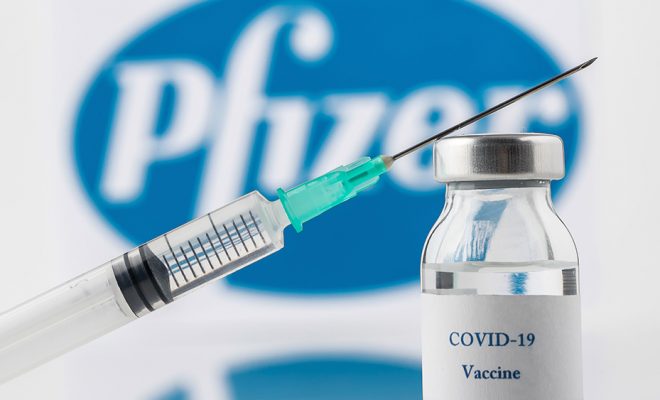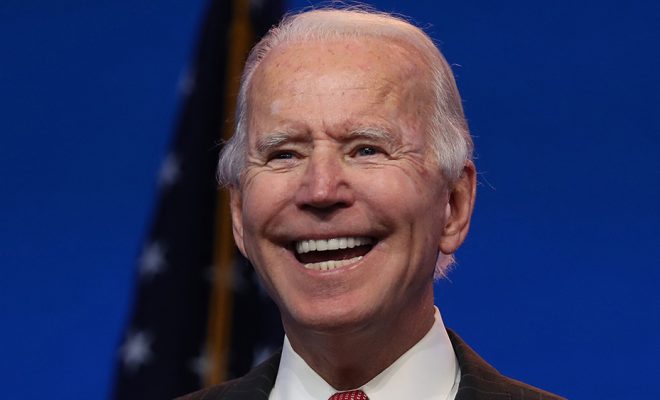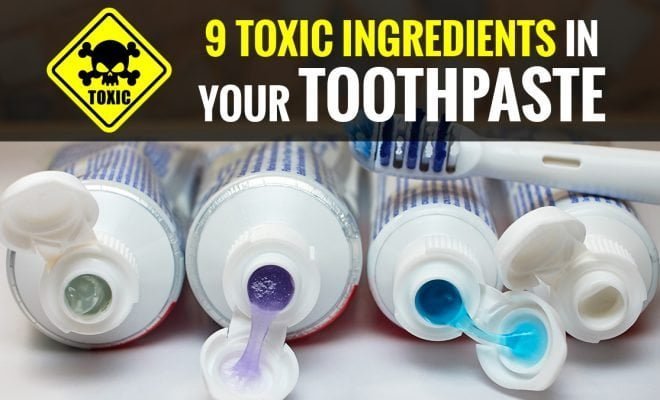BioNTech co-founder echoes Pfizer CEO, expects people to get vaccinated against coronavirus annually

(Natural News) BioNTech co-founder and chief medical officer Dr. Ozlem Tureci echoed comments made by Pfizer CEO Albert Bourla who said that people will likely need a third shot of the two-dose Pfizer-BioNTech coronavirus (COVID-19) vaccine as immunity against the virus wanes. She also expects that people will need to get vaccinated against the coronavirus annually.
On Wednesday, April 21, Tureci told CNBC‘s Kelly Evans on “The Exchange” that scientists expect vaccine-induced immunity against the virus will decrease over time.
“We see indications for this also in the natural immune response against SARS-CoV-2,” she said referring to the virus that causes COVID-19. “We see this waning of immune responses in people who were just infected and therefore [it’s] also expected with the vaccines.”
Bourla said earlier this month that people will likely need a booster shot – or third dose – of the COVID-19 vaccine within 12 months of getting fully vaccinated. He also said people will possibly need to get an additional shot each year.
“A likely scenario is that there will be likely a need for a third dose, somewhere between six and 12 months and then from there, there will be an annual revaccination, but all of that needs to be confirmed. And again, the variants will play a key role,” he told CNBC‘s Bertha Coombs during an event with CVS Health.
“It is extremely important to suppress the pool of people that can be susceptible to the virus,” Bourla added.
Big Pharma executives use similar narrative
Executives of Big Pharma companies have been echoing each other’s sentiments, in regards to their coronavirus vaccines.
Johnson & Johnson CEO Alex Gorsky started using the narrative in February when he told CNBC that people may need to get vaccinated against COVID-19 annually, just like seasonal flu shots.
Moderna CEO Stephane Bancel also said in a recent interview on CNBC‘s “Squawk Box” that annual COVID vaccine boosters will be commonplace going forward, saying the coronavirus “is not going away” and it’s “not leaving the planet.”
Ironically, Pfizer-BioNTech and Moderna began talking about booster shots while boasting the high efficacy rate of their COVID-19 shots. Pfizer claimed earlier this month that the COVID-19 vaccine it developed with BioNTech is more than 91 percent effective at protecting against the virus and more than 95 percent effective against severe disease up to six months after the second dose.
Moderna also announced this month that its COVID-19 vaccine was more than 90 percent effective at protecting against COVID up to six months after the second dose. It was more than 95 percent effective against severe diseases within the same period.
Government plans to secure additional doses of COVID-19 shots
Should Americans require booster shots, the government will likely need to make arrangements with Big Pharma companies and make plans for vaccine distribution.
Andy Slavitt, senior advisor to President Joe Biden’s COVID response team, said on Friday, April 23, that the White House is preparing for the potential need for COVID-19 vaccine booster shots.
“I can assure you that when we do our planning, when the president orders purchases of additional vaccines as he has done and when we focus on all the production expansion opportunities that we talk about in here we very much have scenarios like that in mind,” he said at a White House press briefing.
David Kessler, the Biden administration’s COVID response chief science officer, said last week that Americans should expect to receive booster shots to protect against coronavirus variants. He told lawmakers that currently authorized vaccines are highly protective but noted new variants could challenge the effectiveness of the shots.
“We don’t know everything at this moment. We are studying the durability of the antibody response,” he told the House Select Subcommittee on the Coronavirus Crisis.
“It seems strong, but there is some waning of that, and no doubt the variants challenge … they make these vaccines work harder. So I think for planning purposes, planning purposes only, I think we should expect that we may have to boost.”









